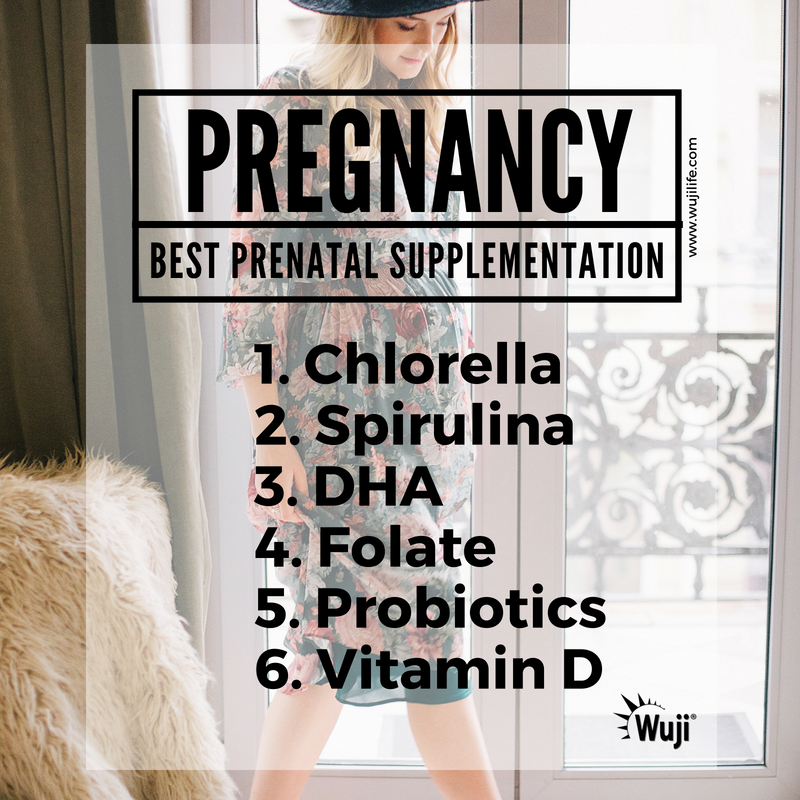
-
**"The effect of Chlorella supplementation in pregnant women with low-grade inflammation"**
Authors: Yoko Uchiyama-Tanaka, Fumi Shimabukuro, Eri Okumura, Masaki Fujishima
Published in: Food Science & Nutrition, January 2024
Summary: This study evaluated the safety and efficacy of chlorella supplementation in pregnant women with low-grade inflammation. The results indicated that chlorella supplementation was safe and decreased the prevalence of constipation during pregnancy. STUDY -
**"Chlorella pyrenoidosa Supplementation Reduces the Risk of Anemia, Proteinuria and Edema in Pregnant Women"**
Authors: Shiro Nakano, Hideo Takekoshi, Masuo Nakano
Published in: Plant Foods for Human Nutrition, March 2010
Summary: This study investigated the preventive effects of Chlorella supplementation on pregnancy anemia and pregnancy-induced hypertension in Japanese pregnant women. The findings suggest that Chlorella supplementation significantly reduces the risk of pregnancy-associated anemia, proteinuria, and edema. STUDY
Spirulina Supplementation:
-
**"Maternal Spirulina supplementation during pregnancy and lactation partially prevents oxidative stress, glial activation and neuronal damage in protein malnourished F1 progeny"**
Authors: Shrstha Sinha, Nisha Patro, P. K. Tiwari, Ishan K. Patro
Published in: Neurochemistry International, December 2020
Summary: This study examined the effects of maternal Spirulina supplementation on offspring in the context of protein malnutrition. The results suggest that Spirulina consumption during pregnancy and lactation partially prevented oxidative brain damage, reduced reactive gliosis, and improved neuronal health in the offspring. STUDY -
**"Spirulina supplementation during pregnancy"**
Published by: Healthline, December 2020
Summary: This article discusses the potential benefits and risks of Spirulina supplementation during pregnancy. While Spirulina is rich in nutrients, the safety of its use during pregnancy hasn't been conclusively determined, and it's recommended to consult with a healthcare provider before incorporating it into a prenatal diet. ARTICLE

